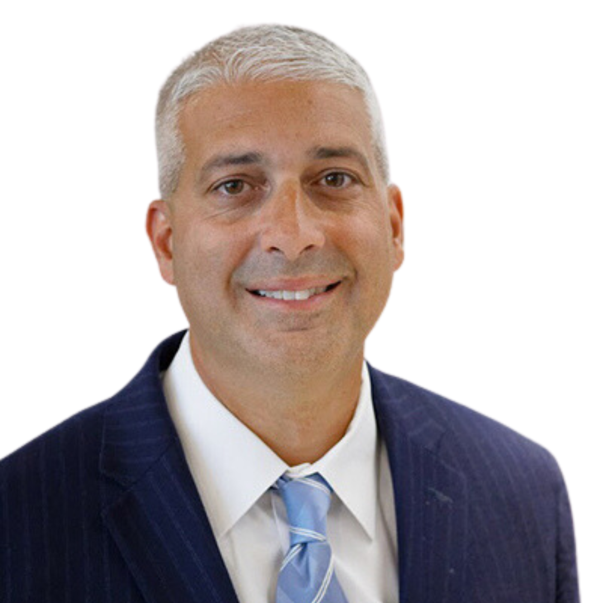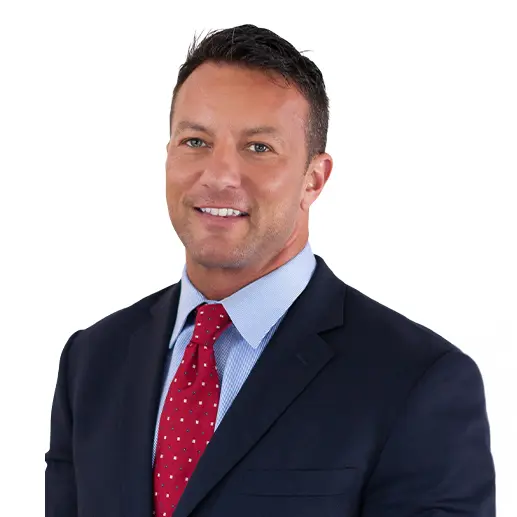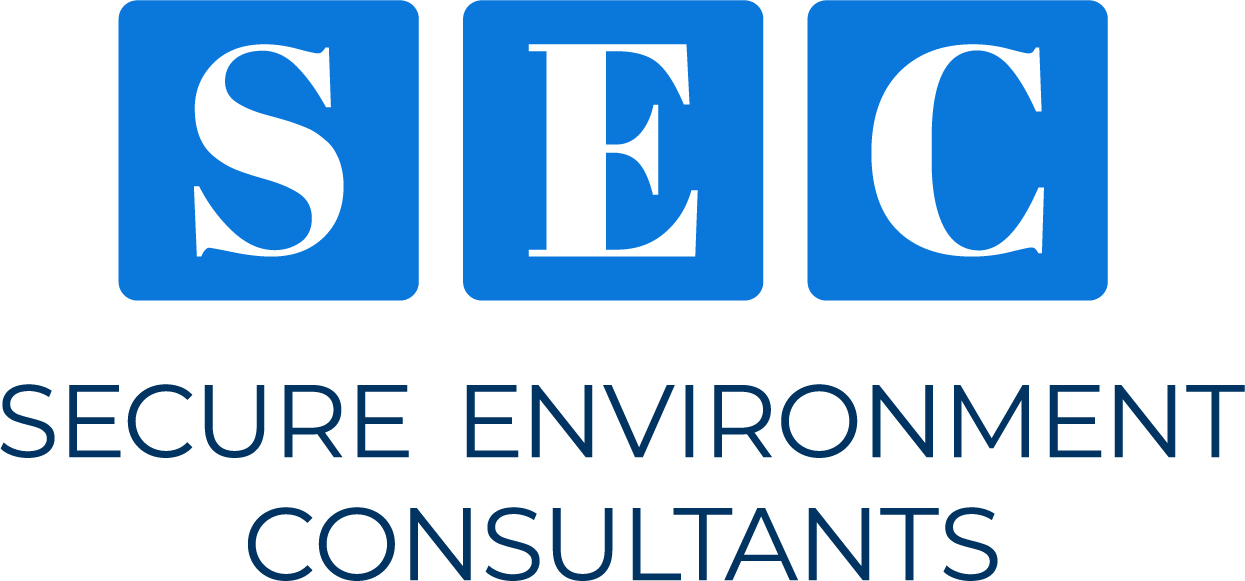It’s that time of year again when the days are shorter, the sunlight is diminished and not only are our circadian rhythms off, but our everyday routines can also be disrupted with the extended holiday season. And while the holidays can bring a lot of excitement, they can also create additional stress, anxiety and negative energy.
SEC sat down with Kentwood Public Schools Superintendent, Kevin Polston, to listen to his perspective on how the holidays can disrupt behaviors and emotions this time of year.
“Our emotions are like electricity; they have the power to either power a light bulb or they can be destructive and tear something down entirely.” Sometimes within the school environment, we get caught up in a pure academic focus, and lose focus on our kids as whole children. Looking at ourselves as holistic beings includes our social connections, physical activity, good nutrition and hydration, along with emotional support and purpose. There is plenty of research that shows the negative implications of technology on our overall health, as well as lack of movement, quality sleep and connection to others. In his book, the Happiness Advantage, Shawn Achor states that the highest indicator of good health is social connection, even more important than maintaining a healthy weight or blood pressure.
Because stakes can feel higher at this time of year, especially in secondary schools – students tend to stay up later to study for exams. Many students also juggle extracurricular activities or part-time jobs, whether that be outside of the home or caring for others within the home environment. It’s important to stick to a routine as much as possible and focus on daily movement, even if it’s just 30-minutes of moderate physical activity such as walking, biking or taking a yoga class.
Second, it’s important to build communities and social connections throughout the school year, so when students are headed off on extended breaks – the holidays, spring break or summer break – it allows them to be able to express their concerns ahead of time. These could be concerns around food insecurity, family dynamics, triggering environments or changes to routine. As educators and advocates of healthy mental emotions, we must constantly be thinking about how we best prepare students for these times away, with the ultimate goal in helping to teach them how to work through difficult situations, long after they leave our schools.
Relationships are critical. At Kentwood Public Schools, their education team puts a lot of focus on student and teacher relationships, meaning, teachers understand a student’s pattern of behavior, know how they act when things are not okay, and have resources in place to triage when needed. “We use restorative teaching practices, meaning 80% is focused on proactive strategies such as building strong relationships and social connections”, states Kevin. “The other 20% is the reactive model- reacting in small groups or circle discussions can help students heal when needing to repair relationships, such as conflict with friends or something harmful that was posted on social media.” In addition, Kentwood has hired social-emotional coaches to provide job embedded support to teachers with ongoing resources throughout the year.
Lastly, it is essential for schools to have a comprehensive system of support in place. There are times when schools must be prepared to respond to concerning behavior of students and crisis events.
“Given the increased rise of school violence, effective school safety initiatives should include research-based practices that help prevent threats or concerns from escalating”, states Jason Russell, President and Founder of Secure Environment Consultants. “Having a behavioral threat assessment team that includes multi-disciplinary members can help schools intervene in a way that reduces bias and traditional punishment. Ultimately, we want to improve a student’s social and emotional adjustment so they can feel heard and connected within their school communities.”
Schools can play a critical role in the well-being of our students every day. They provide structure and routine, childcare and daily meals, social connections, communities, outlets, education, mentoring and more. But schools are only part of the equation when it comes to supporting our students, no matter the season of the year. Schools must work in partnership with families and the greater communities they serve. There are pervasive needs that still exist but together, we can help kids navigate the challenges they face each day and continue to widen the social acceptance of receiving the right help when needed.
Meet the Authors


Kevin Polston
Kevin has served as superintendent of Kentwood (MI) Public Schools since 2021. His previous superintendent experience included four years at Godfrey-Lee Public Schools in Wyoming, Michigan. Prior to becoming a superintendent, he served as a teacher, coach, principal, and curriculum leader at Grand Haven Area Public Schools (MI) for 15 years. His vision is to “change the world through opportunities for students.”
In June, 2020, Kevin was appointed by Governor Gretchen Whitmer to the Return to School Advisory Council that advised on the MI Safe School Return to School Roadmap that created the conditions for students to return to face to face learning during the pandemic. Kevin was once again appointed by Governor Whitmer, this time to serve as the chairperson of the Student Recovery Advisory Council in February, 2021 to create a strategic vision for the state of Michigan for students to recover from the traumatic effects of COVID-19. The Council released the MI Blueprint for Comprehensive Student Recovery in May, 2021. In August, 2023, Kevin was selected by Governor Whitmer to serve on the PK-12th grade education work group in support of the Growing Michigan Together Council.
Polston serves as a trustee on the Board of Trustees of KConnect, a collective impact organization in Grand Rapids, MI, and on the Board of Trustees for Kent School Services Network, a community schools initiative in Kent County.
Polston holds a BA from Michigan State University, a M. Ed. and Ed. S. from Grand Valley State University, and is currently a doctoral candidate studying educational leadership at Central Michigan University. He has presented at numerous state and national conferences on school safety and security, student voice, superintendent leadership, and thriving youth.
Jason Russell
Jason is the Founder and President of Secure Environment Consultants. As president of SEC, Jason leads a team of former federal law enforcement agents, police officials, and military specialists, in delivering White House-level threat assessment and protection to schools and businesses. Jason has grown SEC to serve thousands of clients across the nation and beyond.
Jason served with the United States Secret Service as a Special Agent. During his tenure, Jason was engaged in protective and investigative assignments as well as protecting the President and Vice President, former Presidents, and visiting heads of state. Jason began his law enforcement career with the Lansing Police Department (LPD).
Jason has worked with the Michigan Legislature to bring forward critical funding for site
assessments for K-12 schools throughout the state and was appointed by Governor Whitmer to serve on Michigan’s School Safety and Mental Health Commission.
Jason is a frequent keynote and content speaker at conferences on the topics of emergency
preparedness, active shooter response, and safety and security processes. He has taught criminal investigation and security courses as an adjunct professor. Jason has trained thousands of individuals in critical incident response, de-escalation strategies, and behavioral threat assessment.
Born in Kalamazoo, Michigan, Jason holds a bachelor’s degree in Criminal Justice from Western Michigan University and his master’s degree in Criminal Justice and Security Management from Michigan State University.
